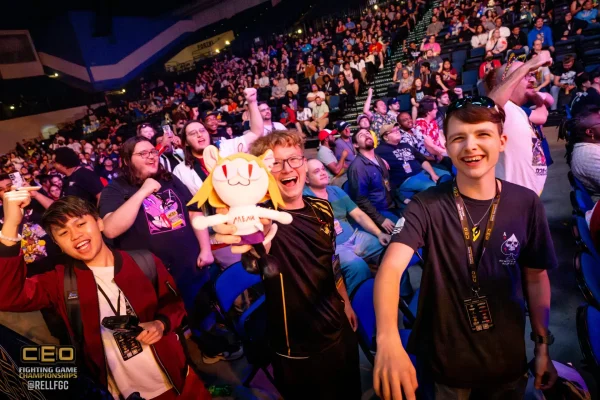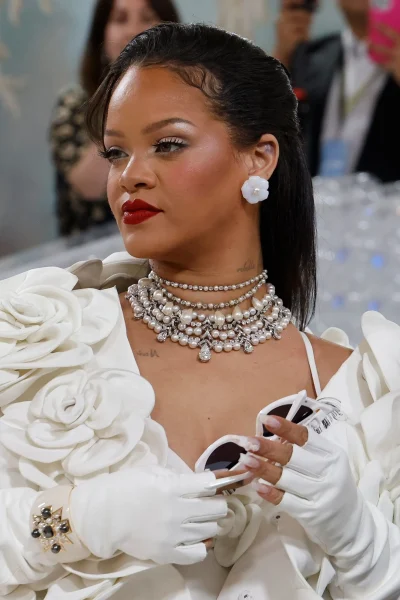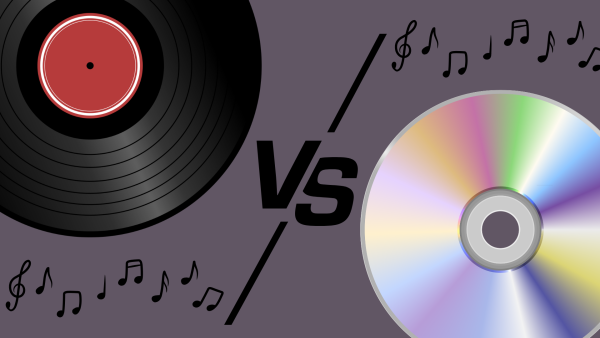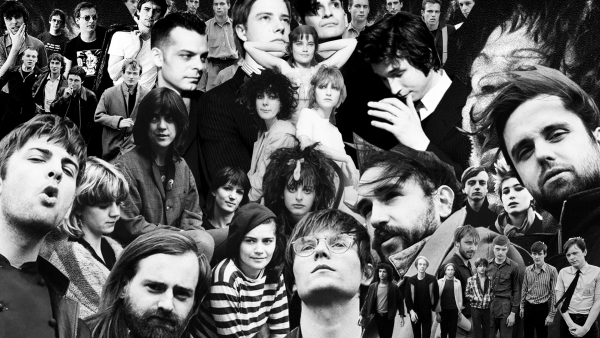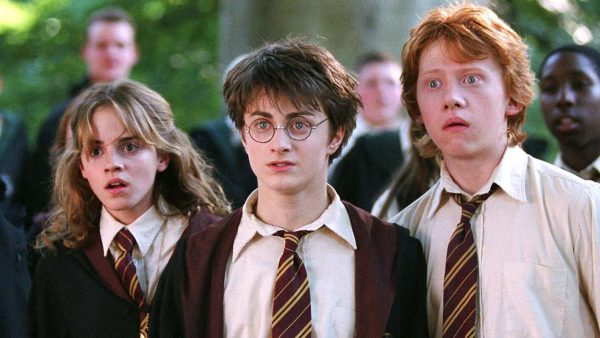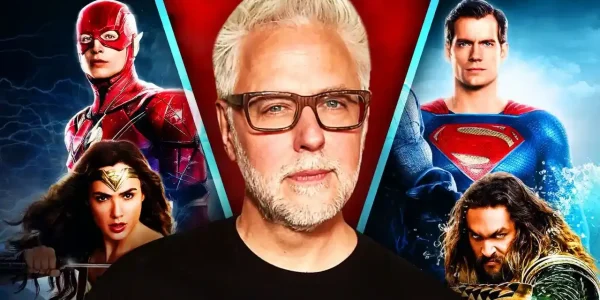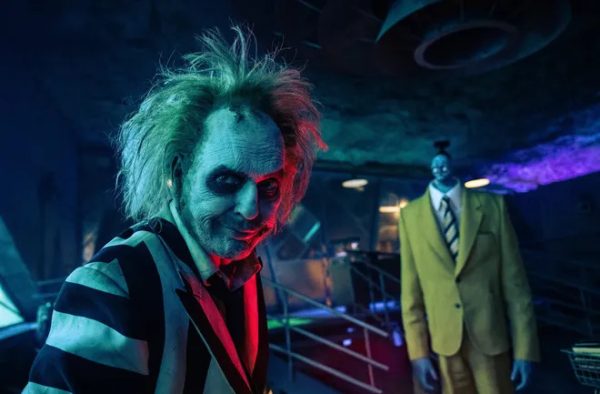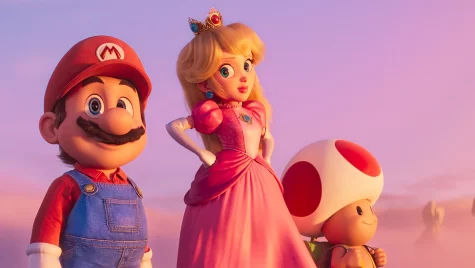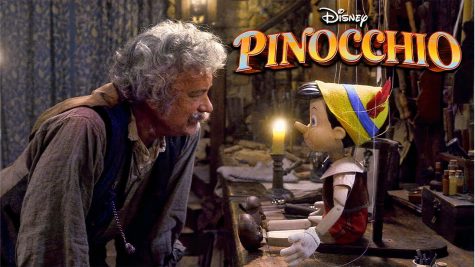“Love, Victor:” barely above average queer representation
“Love, Victor” is a 10 episode show on Hulu following the life of a half Puerto Rican, half Columbian-American teenager named Victor (played by Michael Cimino) as he goes through his life both facing challenges at home and struggling with his sexuality. Throughout the show he messages Simon Spier- the protagonist of the movie “Love, Simon” set in the same universe- played by the same actor as the movie, Nick Robinson, in hopes that he could guide him throughout his troubles. With the second season confirmed to air June 11, let’s look at the many problems surrounding the show’s purpose that could be fixed within the new season.
While the show’s main focus is centered around giving the audience a well-deserved focus on queer representation, it somehow still left little to be desired. A pass is given to Victor as the plot thrives around the concept of him struggling to find his true self, a topic that many LGBTQ+ youths and adults can relate to, but the wide-range of diversity when it comes to human sexuality and gender identity starts and ends with the only confirmed gay character, Benjamin “Benji” Campbell (played by George Sear). Not only does Benji seem to be the only openly gay person in Victor’s high school- a concept that is highly unrealistic– but is also conveniently the one guy that Victor starts to fall for as the show progresses. This, in general, is a problem a lot of media writers struggle with when it comes to writing queer love stories, wherein the main character can only fall for the one person they know is not straight and therefore, they know they have a chance at their feelings being mutual in some way. This trope completely disregards the real-life struggle of being queer and liking someone and having to overcome the barrier of not only getting someone to like you, but the possibility that they couldn’t like you in any way as their sexuality does not cater to you. Having more open LGBTQ+ representation, not just in a setting that makes it seem like exploring one’s sexuality is an adult-only thing to do, could turn “Love Victor” into a show that truly sets itself apart from every other straight-pandering queer show and movie.
Although there are a few aspects of queer representation being shown on the show that hadn’t been set by its predecessor, such as the concept of pronouns and the struggle of being queer while living in a religious household, there is absolutely nothing of note when it comes to the main character himself. While Victor being gay does fit into the narrative the writers wrote for him, there were many signs that Victor was possibly bisexual. These signs included him stating that he did feel at least romantic feelings for his ex-girlfriend Mia Brooks (played by Rachel Hilson) to the imagery of him googling what sexuality he was, and ending up on the bisexual informational page. While most could argue it was just him being confused about which gender he liked, which is a clear sign of bisexual erasure, there were many instances that alluded to Victor not only liking men. Victor being bisexual- and possibly even asexual from the way he responded to going further with Mia, which didn’t have to be an indication that he was gay- could’ve furthered queer representation as there is little to no bisexual representation in media, and could have broken the stereotypes that came along with the bisexual label.
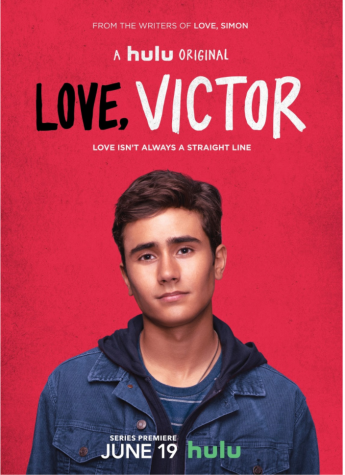
Instead, we got an instance where Victor cheated on Mia by kissing Benji. This moment of sabotaging Victor’s character is not the only instance throughout the show of glaringly bad character writing. In fact, there are many of the main characters who were already set up in the beginning to be mediocre at best, and slightly problematic at worst. With the only exception being a character named Felix Weston (played by Anthony Turpel) and Mia herself, there were a multitude of others that didn’t exactly earn the end-of-the-story redemption arc quite as quickly as they did. Andrew Spencer (played by Mason Gooling) is the typical jock-bully who is that character you’re supposed to dislike at the beginning, but slowly learns to become a better person as the story goes on. As cliche as the character was written, he seemed to genuinely earn the growth that his character received, however, he completely ruins any semblance of growth when he kisses Mia in the last episode. Not only was it without consent, but he also took advantage of her vulnerability after she saw Victor and Benji kissing. Another character named Lake Meriwhether (played by Bebe Wood) doesn’t have the biggest impact on the plot, but she does serve as the love interest of Felix. She’s a fine enough character on her own, who definitely dodged a bullet with her unrequited crush on Andrew, but there is a subplot where she tries to hide her relationship with Felix, as she’s scared of what everyone would think of them if she was ever caught with him in a romantic way. While this doesn’t necessarily make her a bad character, Felix- being objectively the most selfless and kind hearted character on the show- didn’t deserve to be treated as an embarrassment to her throughout their screen time.
Overall, while “Love, Victor” is a fairly entertaining show with its cute concept and likeable-enough characters, there are a few problems that hold the show down from being an example of genuinely good LGBTQ+ representation. When the audience feels as though it gives off the same impression as “Love, Simon-” which many complained to be too pandering to a straight audience– then there seems to be a problem. Hopefully, when the second season comes out, the creators of “Love, Victor” will fix these mediocre situations and bring something that’ll prove this review wrong.




